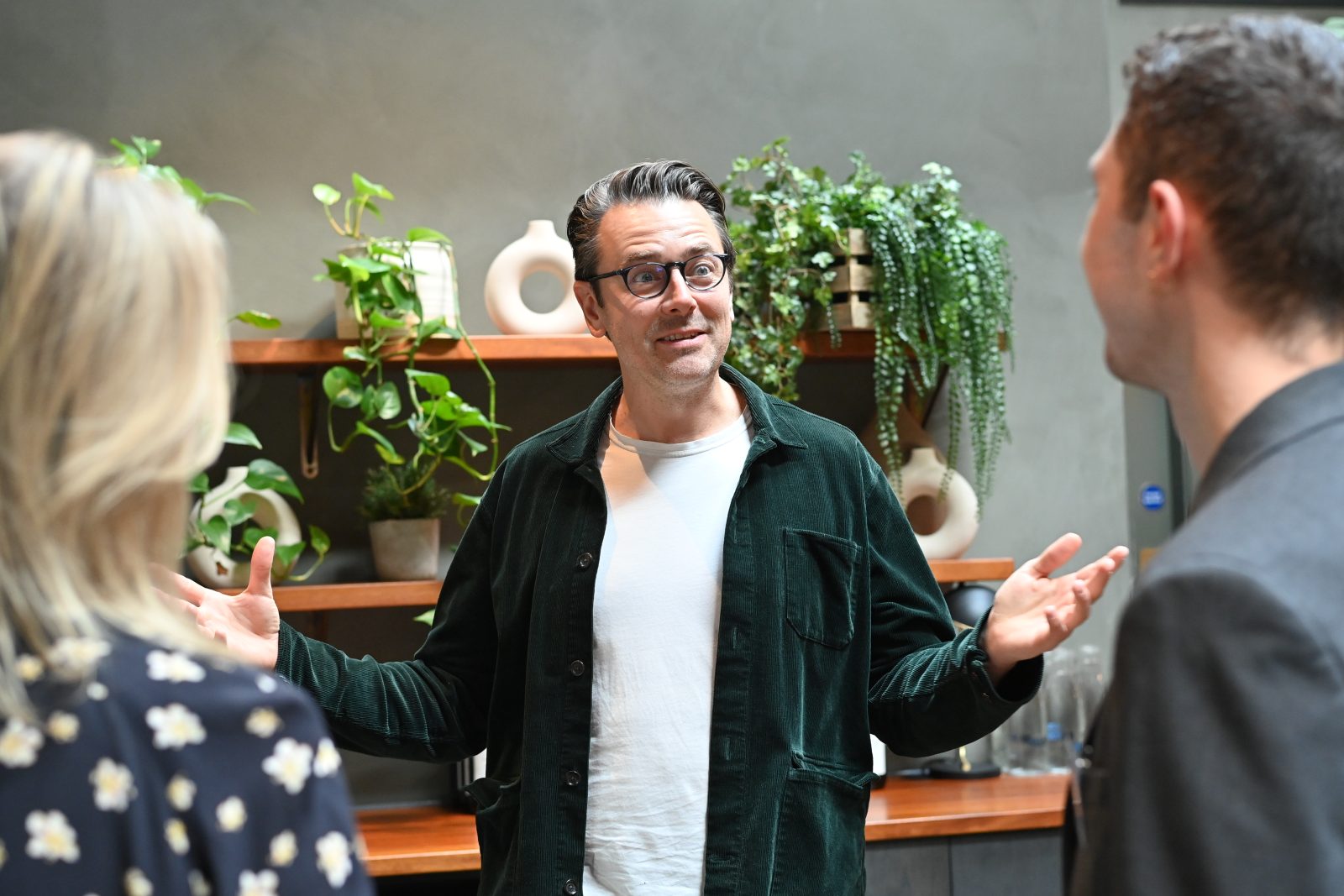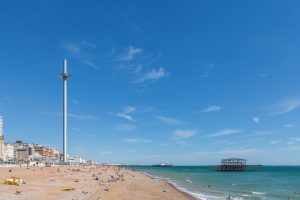Speaking in the City of London on Thursday (28 September), Benson said that identikit high streets across the UK are floundering and that top-down decision making was partly to blame.
‘All the high streets look the same, because the decisions on the occupation or what was going into those were being done from an office, probably in London, by people who probably never been to the community,’ he told the room, pointing to the domination of chain stores such as Boots, Superdrug and Poundland.
Benson hailed localism as a big part of the answer and said cinema was a guaranteed way of inserting community space back into town centres. The Really Local Group (RLG) is currently turning former Poundland and Argos stores into entertainment venues.
Advertisement
Benson explained: ‘This crisis in the high street started at the last recession, had nothing to do with Covid, and it has been so slowly rotting away. So we want to do something positive with that.
‘We relied on cinema and music because it’s a proven footfall-driver. Taking the kind of traditional leisure development model where you might have 100,000 square feet with a 10-screen multiplex in the corner, and you might have really fast casual food, along the way shrinking that down and dropping that into a single disused retail or other unit on the high street is really where the idea came from.’
Taking his Catford Mews cinema scheme in south London as an example, Benson explained how the community-focused reuse project had delivered the first new multi-screen cinema in the London borough of Lewisham in a generation.
He added that many spaces RLG has transformed have ‘clearly [been] earmarked for demolition’, highlighting buildings his company has already successfully retrofitted.
‘We have film, we have music, we have food, we have drink but, more importantly, we provide a quality space for the community to come to do community events, young mother groups, young people,’ he said of the Catford venue, in what was a former Poundland.
Advertisement
Benson argued that too often regeneration projects in London are an act of gentrification and that new cultural spaces in London ‘are hyper-targeted to get in a certain social class strata, or certain demographics’, while RLG’s schemes are aimed at people living within walking distance.
All the high streets look the same
‘So localism is the key … this is all about optimism,’ he told the room.
RLG has also brought former nightclubs and other spaces into use through a process of design, fit-out and operation, making it one of few developers to do all three.
On retrofit, he said: ‘The thing about retrofitting is we don’t have to knock everything down all the time and build brand new buildings. We can take some aspects of what's there, and we can build around it. And that's really what we’re trying to promote and push as we move forward.’
Asked what one thing he would change, Benson said the planning process, in particular the need for ‘less talking and more doing’.
‘I would change how long it takes to get stuff through planning; I would change how long it takes to do things. We set this up to be a quick-impact business [and] as time goes on, things are getting slower and slower.’
He added: ‘If people want to do retrofit, then do it.’
The 2023 AJ100 Club events are supported by headline partner Roca and programme sponsors MSA Safety and Schlüter-Systems



 The Architects’ Journal Architecture News & Buildings
The Architects’ Journal Architecture News & Buildings











Leave a comment
or a new account to join the discussion.